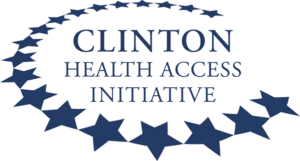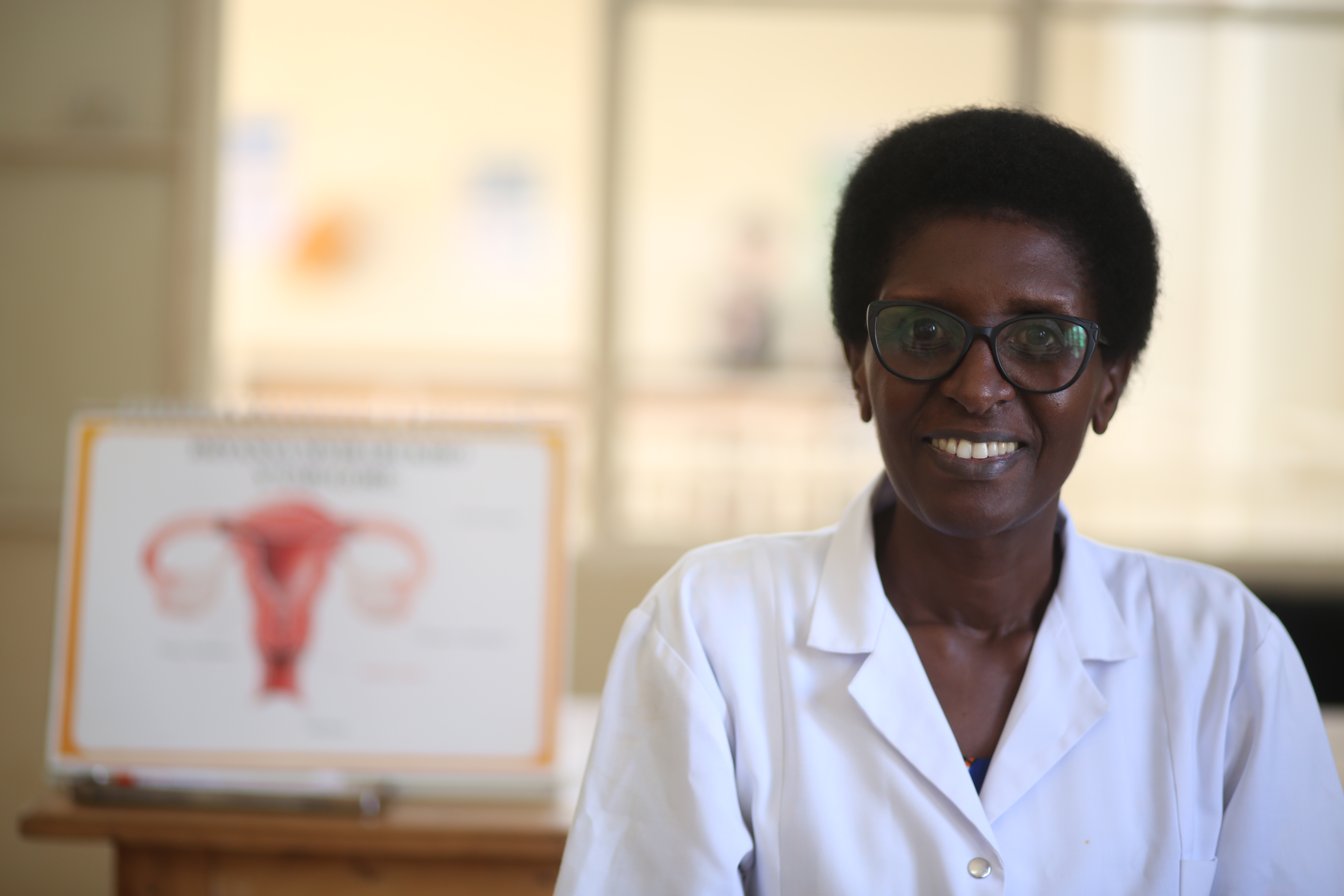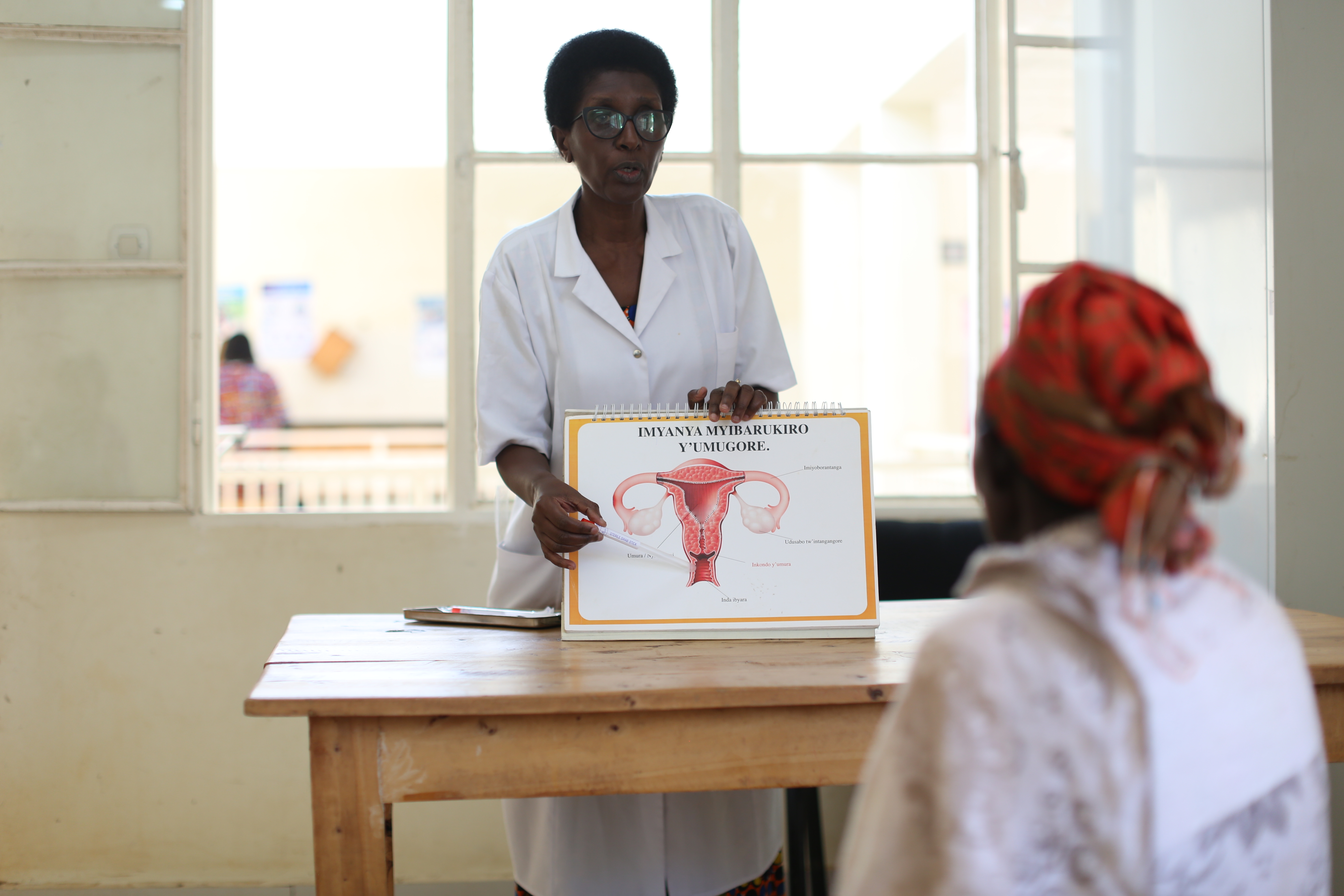The problem
Cervical cancer is the fourth most common cancer in women. In 2022, it affected over 650,000 women and caused an estimated 350,000 deaths. Virtually all cervical cancers are caused by human papillomavirus (HPV), a very common sexually transmitted infection. Nearly all (94%) of women who die from cervical cancer live in low- and middle-income countries and women living with HIV are six times more likely to develop cervical cancer compared to women without HIV.
Our response
Unitaid’s project with the Clinton Health Access Initiative (CHAI) has introduced and is scaling up new portable thermal ablation devices for treating precancerous lesions and demonstrating effective strategies for deploying screen-and-treat solutions in resource-limited settings. The project is being implemented in India, Kenya, Malawi, Nigeria, Rwanda, Senegal, South Africa, Uganda, Zambia and Zimbabwe.
Together with CHAI, we have reduced the price of thermal ablation devices in low- and middle-income countries by more than 45% and lowered the price of HPV testing by 40%. With more affordable devices, treatment of precancerous cells is quicker (lasting 1-2 minutes, compared to 15) and easier, thanks to the use of battery-powered, handheld devices, rather than heavy containers that require compressed gas.
Thermal ablation devices
For the prevention of cervical cancer in low- and middle-income countries.
Human papillomavirus (HPV) tests
To accurately identify women at high-risk of cervical cancer and connect them with preventive treatment.
Self-collected samples for cervical cancer screening
To decentralize services and encourage more women to get tested.
Working in partnership with Unitaid’s SUCCESS project, through a complementary grant, Unitaid’s cervical cancer programs are advancing innovative and adapted tools suitable to provide cervical cancer prevention in low- and middle-income countries. These programs have proven a model of care that has cumulatively reached nearly 1.5 million women with screening and is demonstrating effective ways to integrate care into existing health services.








